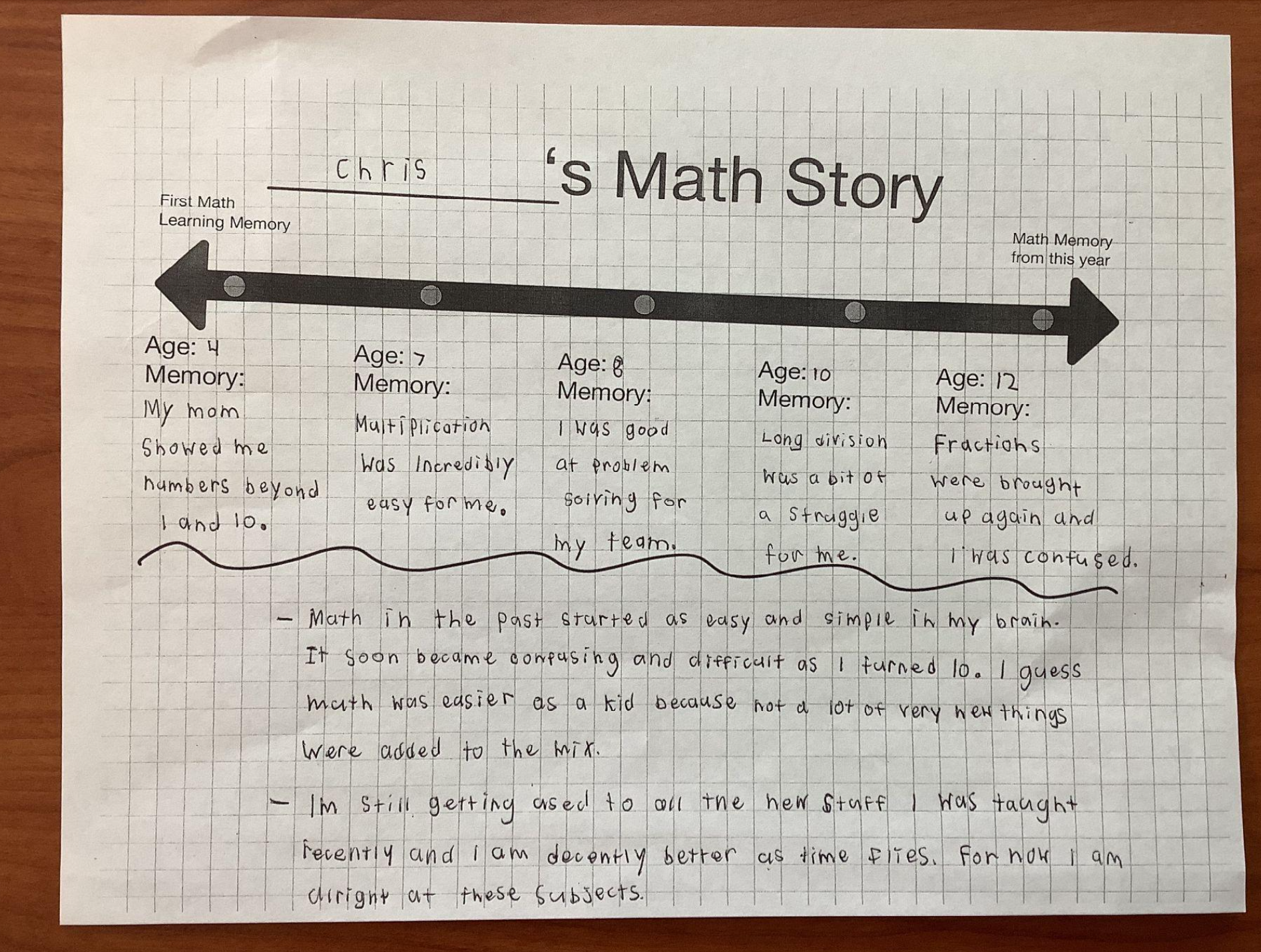 Here’s a thoughtful entry in the “why we do what we do” category: over at The Washington Post, a psychology professor who studies learning and the brain writes that, beyond simple mechanics and vocabulary, reading “skills” are little more than the broad base of general knowledge one needs to make sense of the information in a sentence.
Remembering back to my own middle school reading classes, where – in a struggling public school in a low-income, rural community – the curriculum was heavy on test-prep reading comprehension exercises, I could not have been more bored. If I weren’t a natural-born reader (or rather, raised in a household where reading was valued and encouraged), I would have thought reading the most boring use of time ever invented. I wonder: If the teacher had assigned magazine articles and Goosebumps books instead, would she have raised test scores?
The author writes,
Here’s a thoughtful entry in the “why we do what we do” category: over at The Washington Post, a psychology professor who studies learning and the brain writes that, beyond simple mechanics and vocabulary, reading “skills” are little more than the broad base of general knowledge one needs to make sense of the information in a sentence.
Remembering back to my own middle school reading classes, where – in a struggling public school in a low-income, rural community – the curriculum was heavy on test-prep reading comprehension exercises, I could not have been more bored. If I weren’t a natural-born reader (or rather, raised in a household where reading was valued and encouraged), I would have thought reading the most boring use of time ever invented. I wonder: If the teacher had assigned magazine articles and Goosebumps books instead, would she have raised test scores?
The author writes,
We tend to teach comprehension as a series of “reading strategies” that can be practiced and mastered. Unfortunately it really doesn’t work that way. The mainspring of comprehension is prior knowledge—the stuff readers already know that enables them to create understanding as they read. Prior knowledge is vital to comprehension because writers omit information. For example, suppose you read “He just got a new puppy. His landlord is angry.” You easily understand the logical connection between those sentences because you know things about puppies (they aren’t housebroken), carpets (urine stains them) and landlords (they are protective of their property.) The writer could have included all that information. The writer gambled that the reader would know about puppies, carpets and landlords. A writer who doesn’t assume some prior knowledge on the part of her readers will write very boring prose.By offering a curriculum rich in content and encouraging students to engage in discussion and exploration of the text, schools can build students’ prior knowledge and spark interest in further reading and investigation. By offering dull, decontextualized reading excerpts deepened only by a confusing array of multiple-choice questions, my reading teacher probably turned some kids off reading for good. This advice holds doubly true for a program like Aim High, where Humanities classes open students’ eyes to exciting ideas and create opportunities to take pleasure in reading and understanding. Other implications: -Content knowledge can be built in a lot of ways, including browsing the internet, watching TV, and talking to people. Does that mean watching The History Channel can be a more effective reading comprehension exercise than, say, a test-prep booklet? -There’s a lot of talk about cultural bias in standardized testing; in this context, it is definitely true that members of some cultures would have the right prior knowledge (puppies, carpets, landlords) and others would not. How can we test students’ reading skills without this glaring problem? Read more: Willingham: Reading Is Not a Skill–And Why This Is a Problem for the Draft National Standards.



